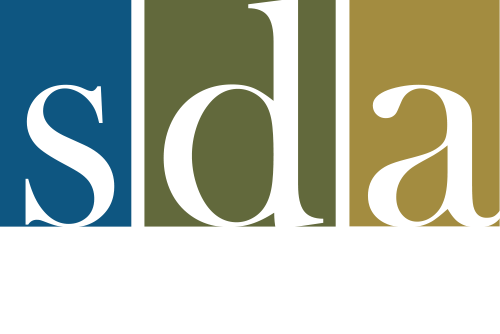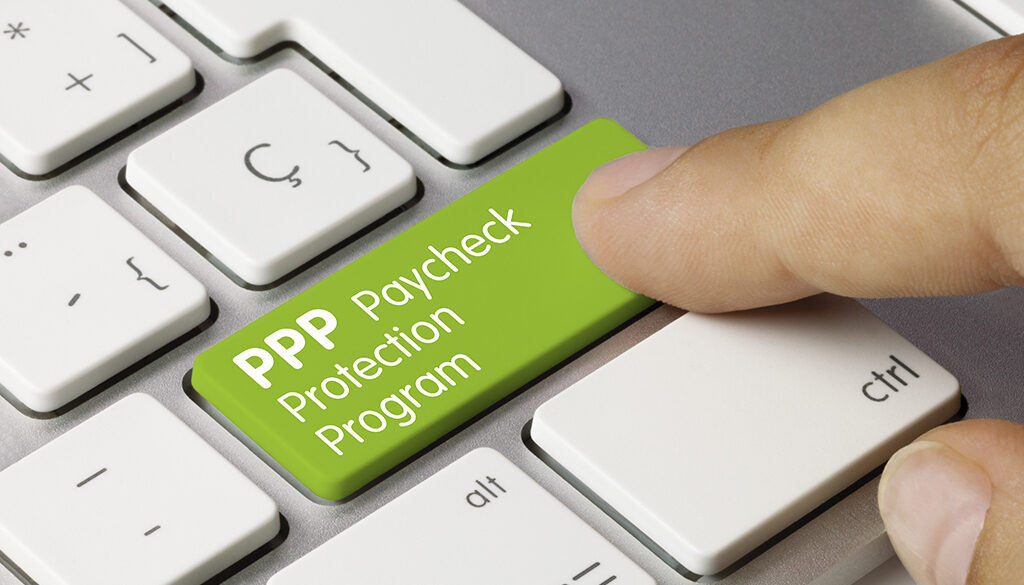PPP Rule Changes
You may have seen in the news that President Biden has made important changes to the Paycheck Protection Program (PPP) rules. As businesses reopen, demand for PPP loans is declining, yet many small businesses have still been unable to receive aid. The new rules target small businesses with fewer than 20 employees to ensure said businesses are not pushed out by larger companies. Read on to see how this rule change can affect your business.
The Small Business Administration (SBA) now accepts PPP loan applications from businesses that may have previously been ineligible.
The administration hopes this change will help businesses with very few or no employees receive aid that they previously could not qualify for because of business cost deductions. The SBA will also make it clear that legal US residents cannot be excluded from the program, even if they are not citizens.
What does this mean for me?
If your business has between 0 and 20 employees, you will be able to apply for PPP loans. “What if I am a sole proprietor or independent contractor?” You are still eligible! This is your opportunity to receive aid you may not have previously qualified for.
Self-employed individuals (sole-proprietors and independent contractors) can now apply for a PPP loan equal to their gross income listed on their Schedule C (line 7). Before this new rule, businesses were required to list their net income, which is after expenses.
The rule change also eliminates multiple access restrictions, including those which disallowed small business owners who are delinquent on student loans from applying. With these new rules, student loan delinquency will no longer disqualify you from PPP eligibility.
For more information regarding PPP loans and their new rules, visit the SBA website here.
As always, if you have questions regarding eligibility or how this may impact your business, don’t hesitate to give us a call at 770-392-1113.
-Kelly & Stanley




